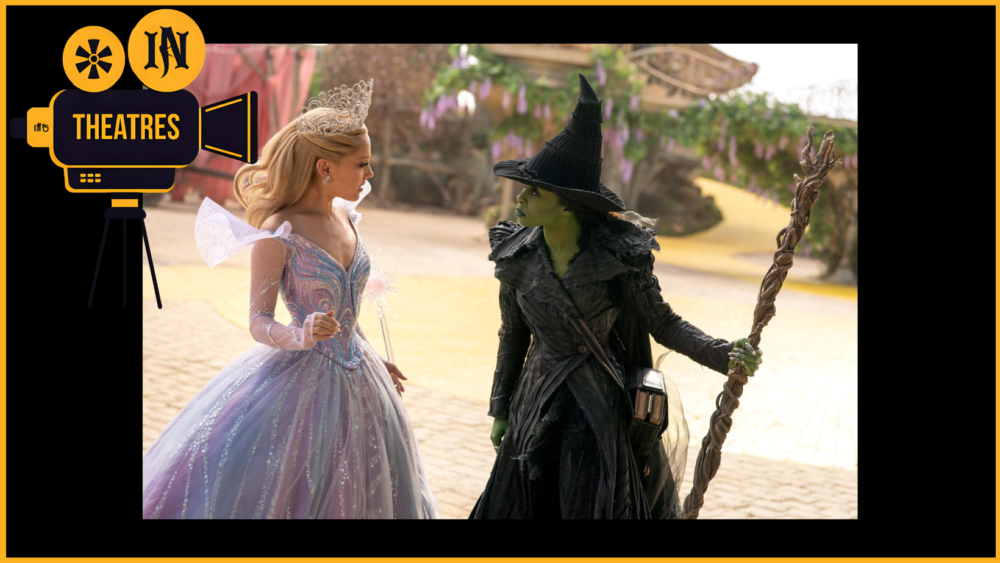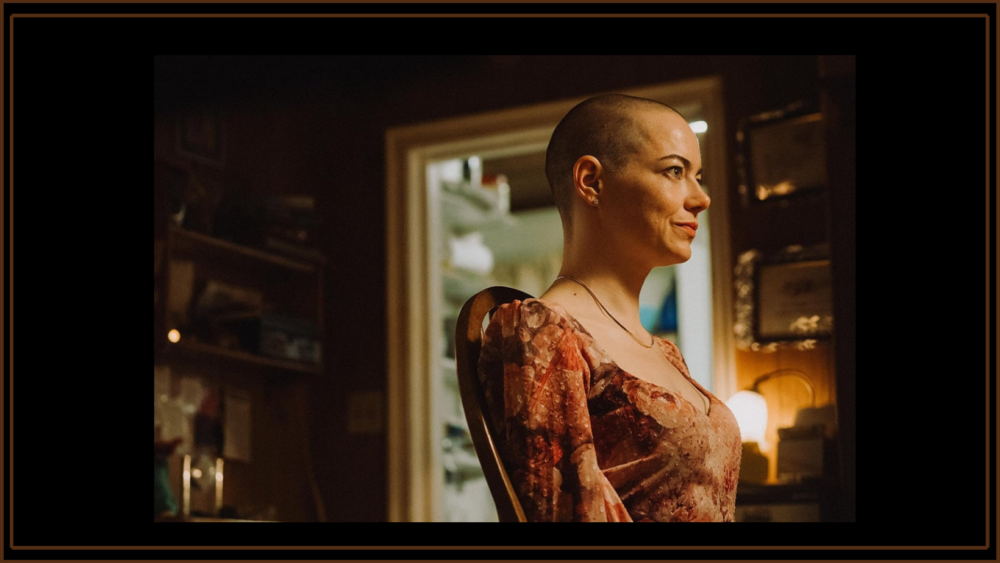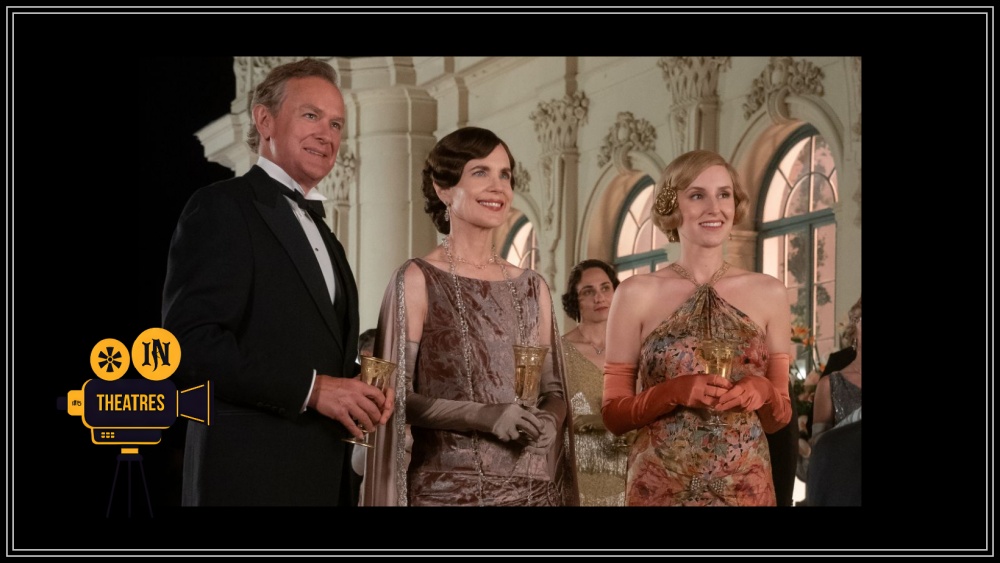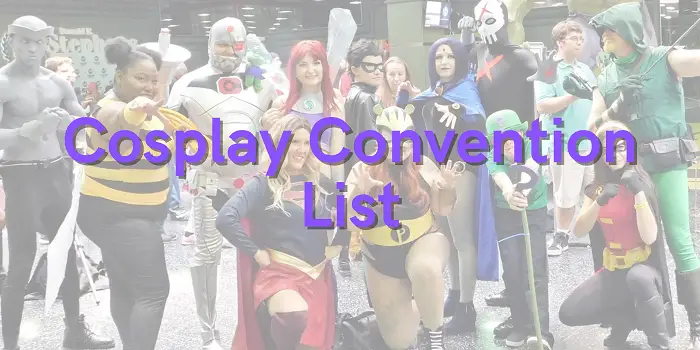Bane, Poison Ivy, Mr. Freeze, Talia al Ghul, Two-Face, The Penguin. All formidable Batman foes, sure. But in our opinion, the Joker stands solo as the greatest, funniest, most cited, unpredictable gambling villain in the DC Universe. Here’s why.
Heath Ledger’s Joker
Perhaps the single thing that lifts the Joker character into the legendary territory is Heath Ledger’s performance in The Dark Knight. His performance went beyond superlatives, with Ledger captivating fans, and injecting a darker and more twisted interpretation of the character.
Director Christopher Nolan recalled how Ledger’s performance was partly defined by unpredictability and agency. He would give Nolan hints about what he’d do, but Ledger ultimately delivered on his terms.
One such moment was the Joker’s clapping at Gordon’s promotion; it was a pure Ledger, not directed, memorable, unique, idiosyncratic, a detail, yet significant. It was what made the character such a compelling watch, with Ledger’s Oscar perhaps not quite enough to mark the titanic performance.
New Solo Series
The Joker has always had an important position in Batman lore, and after over 40 years, he’s getting some major recognition: the Clown Prince of Crime is getting his very own new monthly comic. And if that’s not a testament to his legendary status, we don’t know what is.
The show is unique in that the ‘good guy’ isn’t Batman, but Commissioner James Gordon. It’s classed as the character’s one final job before he takes his well-deserved retirement, a welcome spin on the usual recipe.
The show underpins that the Joker stands on his own, he’s not simply a vehicle for Batman’s storyline, but a legitimate, fully-fleshed out, character worthy of his own story.
This is Why We Love Him – The Joker’s Best Moments
Each Batman and DC villain has a collection of moments that define the character and add to the mythos. And when it comes to the Joker, he has them in abundance. Here’s a small selection:
Joker spares Batman
The Joker is a sadistic killer, yet when he gets the chance to get rid of Batman forever, he spares him. He deems the kill anticlimactic, not worthy of their feud. He’s part of a story, a myth; killing Batman in a simple way just isn’t the way it should go down.
This scene reveals the layered and complex relationship between the two characters. It’s not a basic good vs. evil dynamic, or superhero against the villain. It’s part of what makes the character so interesting.
The death of a major character (spoiler alert!)
Perhaps the most significant moment of his career against Batman was the murder of Robin. In A Death in the Family, the Joker leaves him tied up to a timed bomb. It’s fine, Batman will save the day, right?
Nope. The Caped Crusader was too late this time, with fans having voted for Robin to meet his end. Even though he was later brought back to life (don’t you hate it when comics do this?), it nevertheless highlights the importance of the character. And another thing we can never forget: despite his complexity and humanity, he’s capable of some very evil deeds.
“Be prepared to be dealt from the bottom of the deck”
This is a quote from the very first issue of Batman and typifies the Joker perfectly. It highlights his sense of superiority over the police (the recipients of the quote), but also his love of chance, gambling for ultimate success. His name is the Joker, after all.
While the Joker isn’t the same person he was decades ago, this fight against authority still underpins his character. Even though he has evolved over time (more on that below), there are elements that remain recognizable and thus very much the Joker.
Joker “plays” himself (playing blackjack)
In Season 1, Episode 42 of the animated series, the Joker can be seen entering a casino that’s based on his own character. It’s just like the full-scale casino (with table games, Roulette, Poker, slots), except the entire complex is dedicated to the Joker. Staff members confuse him as a dealer, and instead of getting angry, he decides to deal at a blackjack table. This certainly is not a classic casino experience.
This reflects the Joker’s sense of fun, it’s a game to him. It’s this cavalier attitude, the gambler’s bravado, if you will, that creates a relationship between the viewer and the ‘villain’. Further, the fact that he joins in shows that he appreciates being the center of attention; in the episode, he even references this. He’s certainly a showman, where the means are just as significant as the ends. Every casino lover would at least for a moment want to find himself in a similar role. It is this episode, combined with the desire for the extraordinary, that inspires many fans to search for new casinos hoping they will find a place where they could feel like the Joker. (And quote while winning the game: “See, Batsss, this time, no more games… no more jokes. I’m just here to close up shop.”)
Evolution of the Joker
These best moments hopefully capture one constant in the Joker’s character: he’s constantly evolving. The Joker isn’t static, a simple one-dimensional villain. He’s so much more.
He has layers, he’s complex, driven by a multitude of things, not just mere insanity (although he clearly has a heavy dosage of ‘issues’). In other words, he’s human. Figuring this guy out is something that comic book fans still argue about to this day, which is a testament to the fantastic writing on behalf of the team at DC. That’s what makes the Joker the greatest villain in the DC universe.





